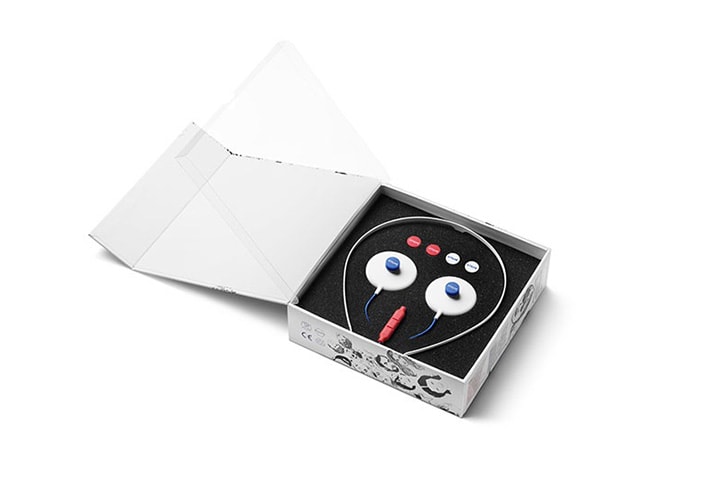Samsung Denies Jay-Z Magna Carta App Privacy Claims
As previously reported, U.S. civil liberties group the Electronic Privacy Information Centre (Epic)

As previously reported, U.S. civil liberties group the Electronic Privacy Information Centre (Epic) claims Samsung’s Magna Carta app collects “massive amounts of personal information from users, including location data.” According to Epic, the “Magna Carta app also includes hidden spam techniques” that makes users promote Magna Carta…Holy Grail to their friends. Furthermore, it also pulls in data from other accounts and other apps on the user’s phone. The privacy group has asked the Federal Trade Commission (FTC), which protects consumers in the US, to restrict Samsung’s “data collection to the user data necessary to run the app” and “delete the user data that was improperly obtained.” Now, the Korean technology giant has responded to these claims, stating the complaint is baseless and it takes privacy seriously. In a statement, Samsung said:
“We are aware of the complaint filed with the FTC and believe it is baseless. Samsung takes customer privacy and the protection of personal information very seriously. Any information obtained through the application download process was purely for customer verification purposes, app functionality purposes and for marketing communications, but only if the customer requests to receive those marketing communications. Our permissions are in line with other apps’ standard permissions. Samsung is in no way inappropriately using or selling any information obtained from users through the download process”
The Magna Carta…Holy Grail app was released on July 4 with Samsung paying $5 million for digital copies for its customers. Cloned versions of the app were created by hackers. Available via unofficial sites, they contained code that unlocked anti-Obama messages.
















